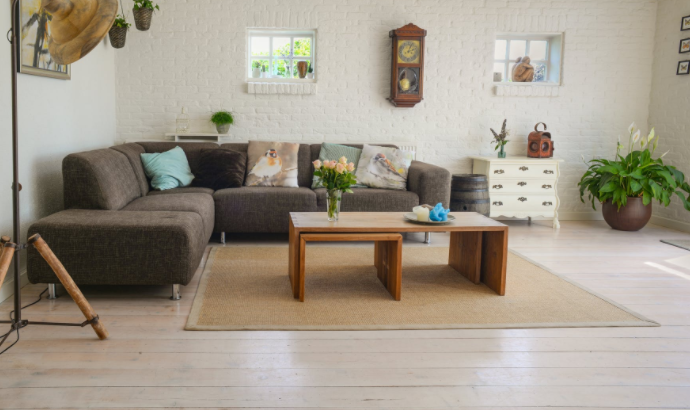A dream common among many striving individuals is to own a house. Over the years, the act of buying a home has become mandatory for everyone willing to live a deluxe lifestyle. However, considering the excessive taxations and mortgage payments, home-ownership may not be for everyone. Ownership rates are quite steep these days. Instead of paying heed to real estate agencies’ constant messages, you are better off renting a house. Therefore, here are some reasons why you should invest in renting your home, rather than buying one.

Flexibility in Moving Houses
Renters have the option to live anywhere they want. On the other hand, homeowners do not have the luxury of choosing their preferred place of residence. Depending on the budget, availing yourself of a house in expensive cities may not be possible. But, as a renter, you have access to numerous options. While rents will be undeniably steep in such places, renting the household is still inexpensive compared to owning that house.
Landlords have to deal with quite a few hardships, ranging from house depreciation to other losses. In contrast, as a renter, you can move to other cheaper abodes without having to sell assets or pay mortgages.
Similarly, some companies require their employees to move around a lot; it would be wise to consider your rental options. For instance, for individuals working in the petroleum industry, especially in the southern states such as Texas, oil field housing would be the best bet.
Access to a Luxurious Lifestyle
The American lifestyle is quite lavish and expensive. Studies indicate that the average American household only uses a mere 5% of their owned property. Since some owners provide their unoccupied vehicles, renting can prove quite advantageous. Additionally, many such houses also come with an in-ground swimming pool, alongside a dedicated fitness room and equipment.
Bearing in mind the value of such luxuries, it is evident that not many owners can afford a similar lifestyle. Only a small fraction of people own a swimming pool and gym. However, these luxuries are abundantly available at all apartment complexes. Thus, making it pointless to own a home in this day and age.
No Maintenance or Repair Costs
Unlike buying or owning a house, renters don’t have to pay for maintenance or repairs. Whenever something causes you any trouble, you can call the landlord to have it fixed. The landlord will be responsible for providing you the perfect living experience, from the kitchen stove to sanitary leakages. The average annual cost for maintenance and repairs goes as high as 5% of the home’s value. Even worse, the charges are likely to vary depending on the nature of the repair.
Nevertheless, these costs will stack over time. And owners willing to ignore such charges will ultimately contribute to the destruction of their property.
No Down Payments
A substantial advantage of renting is no obligation for paying tremendous upfront costs. Although you will be required to put up a security deposit and a few months’ rent, the prices are relatively minuscule. More importantly, purchasing a house with a mortgage often demands a significant down payment. These expenses easily outweigh the charges renters pay upfront. Even better, the average amount capitalized in residential down payments can instead be used for other investments with moderate returns.
Also, unlike renters, homeowners have to pay several real estate taxes as well. Depending on the state you reside in, these taxations policies can vary by hundreds and even thousands of dollars.
Low Utility and Insurance Costs
The state law dictates homeowners to uphold an acceptable renter’s insurance policy. The average insurance plan for homeowners costs roughly $1,200 per year. However, when compared to the renter’s insurance, the charges are relatively high. The average renter has to pay $180 annually, which is significantly cheaper than homeowner’s insurance. Furthermore, the renter’s policy covers almost everything they own, such as electronic devices, furniture, and other valuables.
The utility charges for a home tend to vary based on the size of the property. But, since the standard house is more extensive than most rental properties, utility bills will be more costly to afford. Rental apartments often incorporate a compact and efficient architectural design. Thus, making them relatively cheap to pay off the gas and electricity bills.
Conclusion
Although renting a house is reasonable for most individuals, home-ownership does have some benefits. Investing in purchasing a home is likely to benefit you if the price appreciates over time. Nevertheless, the residential market is often inconsistent. The rents are likely to be unreasonably high for some states. Therefore, buying a house, in this case, seems rational. Home-ownership also means that you can customize the home to your liking. Whereas when renting, the landlord will only provide necessary repairs and maintenance. Nonetheless, for individuals who want to avoid financial matters and prefer a more seamless experience, you cannot go wrong by renting.